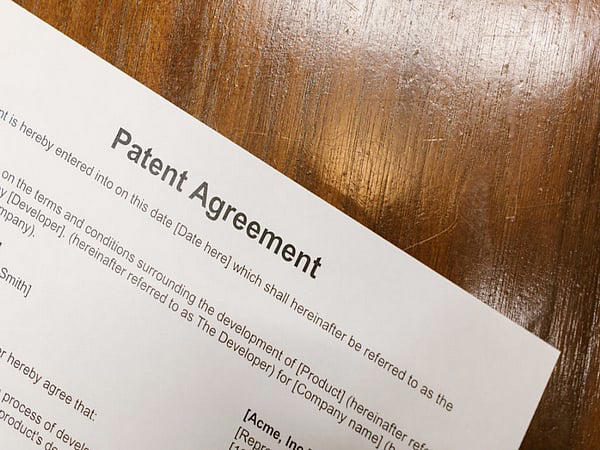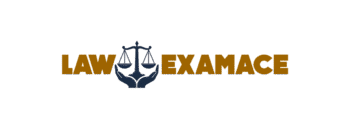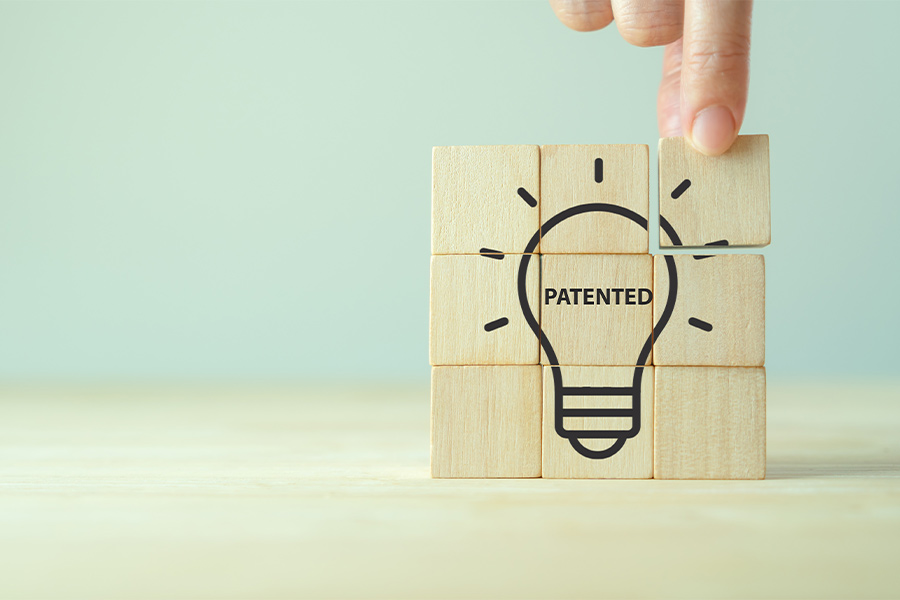Artificial intelligence can generate ideas, design products, or write music. Their creations can be valuable and different parties claim ownership to them. But who owns AI creations? Will they go to the AI programmer or operator? Some people wonder if such creations belong to anyone at all. The legal system is trying to keep up as AI systems become more advanced and more creative. Read on to learn more about how owns everything that AI makes:

How Inventorship is Traditionally Viewed
Intellectual property laws have been based on the idea of human creativity. Authorities grant patents to inventors and copyrights to authors. The global legal systems have assumed the creator is a person.
But current laws do not recognize a machine as an inventor or creator. In fact, most legal systems explicitly require that a patent or copyright applicant be a human being. This means that a novel AI-created drug formula or song does not have a clear legal owner under existing frameworks.
Can the Human Behind the AI Claim Ownership?
One argument says that the AI system’s developer or operator should own whatever it creates. This is because they built the tool and gave it instructions. But critics argue this stretches the definition of traditional inventorship too far. This is especially the case when the AI is operating in uncontrolled and unpredictable ways.
Why This Matters for Startups and Innovators
This legal uncertainty has implications for startups using AI in product development. Imagine building a business around an AI-designed process or product only to know you cannot patent it or protect legally. This puts your innovation at risk of being copied. Investors might not be willing to fund projects that depend heavily on AI creativity without clear IP rights. It also affects licensing. Who gets to license, sell, or profit from the valuable invention AI created?
The Copyright Angle
This debate does not stop at patents. AI-generated art, music, writing, and even computer code raise the same questions in the copyright world.
In 2023, the U.S. Copyright Office issued a decision stating that works created entirely by AI are not eligible for copyright. This is the case if it has no human input or authorship. Thus, the image or song your AI generates might fall into the public domain immediately.
Some experts suggest you can claim some rights if you collaborate with the AI. This means you tweak or guide the output meaningfully. But standards are still not in place.
New Ideas About AI Inventorship
Some emerging proposals are worth considering. One proposal is focused on creating a special category of ownership for AI-generated works. This automatically grants rights to the person who deployed the AI or owns the system. Another suggests that AI-generated content should be considered public domain unless a human has significantly contributed to the final result. Some countries have entertained broader interpretations that could include AI inventorship.
AI is changing how people think about creativity, invention, and ownership. The legal system will have to catch up as the technology gets smarter. But the question of who owns AI-generated ideas will keep hovering between law and innovation.

